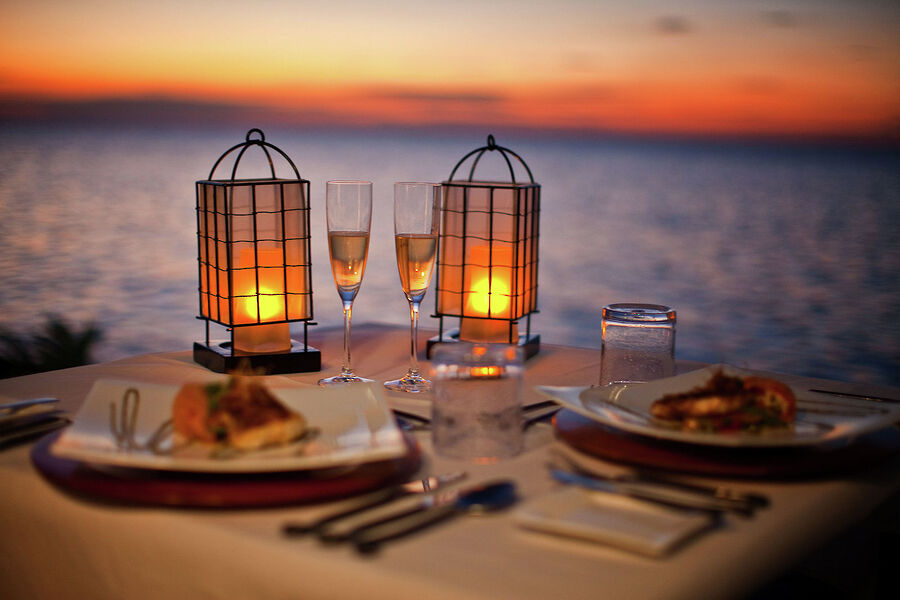
Whose streets? Our streets.
Charley Barnard reflects on the important feminist lessons she’s learned since arriving in Cambridge

Content Note: discussions of sexual assault
My new years resolutions were to stop sleeping with my friends (failed); to stop tumble drying my bras (kind of); and to get more involved with student politics and activism (absolutely.) This term, I’ve thrown myself into my college JCR as welfare officer, stood on the picket lines and taken part in breakfast runs for the UCU strike, been a part of my college’s Cut the Rent Campaign, volunteered for charities helping the homeless, campaigned for CUSU election candidates, and stewarded the Reclaim The Night March. My work may have slipped slightly in standard, but first year is the time to let that happen, and get involved with the things that matter.
"I’m inspired by CUSU Women’s Officer, Lola Olufemi, and the officers that came before her, and Claire Smith who will follow her"
I am endlessly, day in, day out, inspired by the women and non-binary people in Cambridge. I’m inspired by every person in my women’s college, led by our tireless JCR Pres, who leads by example in making her feminism intersectional and work for all. The people here have made me think more intently about privileges – those that I have and those that I’m lacking, and shown me how I can do more to fight every fight: Prevent, high rents, breaking the silence and decolonising the curriculum, to name a few. I’m inspired by CUSU Women’s Officer, Lola Olufemi, and the officers that came before her, and Claire Smith who will follow her. Listening to Amelia Horgan and Waithera Sebatindira speak at the march made me feel empowered and comforted to know that someone has been and will always be leading the fight to make Cambridge a safe space for me and every other woman or non-binary person.

I feel like everything I’ve learned culminated in the Reclaim the Night March on the 11th March. I saw hundreds of women and non-binary people who marched and chanted for each other’s safety and liberation. I felt so empowered.
The #MeToo signs I saw reminded me of an article I read recently by Matthew Parris. He believes the movement is getting female empowerment all wrong, and is painting women as victims:
“But pity, for oneself or others, is not what a feminist should look like, not what empowerment looks like. Women as victims are not what feminists look like. Feminism should not be about helplessness, or reproach, or victim status. It should be about assertion, about confidence, about autonomy. If someone gropes you, kick him in the balls. That’s what feminism looks like.” – Matthew Parris, The Times, 20/2/2018
Using the hashtag is a cry for pity. What we should really be doing is punching people in the balls. Of course, Parris doesn’t think to take into account the hundreds of thousands of women that would be incredibly dangerous for; Two women are killed every week in the UK by a partner or former partner, and that’s just the case here. There are places where women are in so much danger every single day, that a punch in the balls would never cross their minds. The article is a bit of a mess, but men’s attempts to understand the very specific oppression women and non-binary people face often is. What his analysis really shows is that Parris doesn’t have any idea just how much of a feminist act it is to say #MeToo.
The article struck a chord with me, because I have not publicly said #MeToo on any social media platform, but for very different reasons to Parris. I don’t feel that it will paint me as a victim, quite the opposite, I think it is brave. In a world where women and non-binary people are encouraged to keep assault to themselves (2 out of 3 rapes are never reported) for a variety of reasons, including jeopardy to their careers, their safety, and just the simple fact that people don’t believe them; to risk these things and deny that narrative is incredibly brave.
Any person who says “Me Too” is putting the importance of the movement as a whole before their personal comfort.
Any person who says “Me Too” is putting the importance of the movement as a whole before their personal comfort. That’s not playing victim, that’s brave. To me, saying #MeToo is reclaiming the narrative around our own bodies and sexualities. That’s what I saw at the march, hundreds of people saying “F- you!” to the idea that we should be silent and complicit in our own sexualisation, objectification and abuse.
I’ve never felt safe to publicly talk about my own experiences of sexual abuse, but since coming to Cambridge, I’m getting there. I’m finally trying to talk through my experience with a counsellor, I’m using this column as a platform, in the hope that it will help others see that they’re not alone, and I’m doing my best in my role as welfare officer to keep people safe. I may never update my facebook status to say #MeToo, but the Reclaim The Night March showed me that if I do there will be hundreds of people who stand by me.


